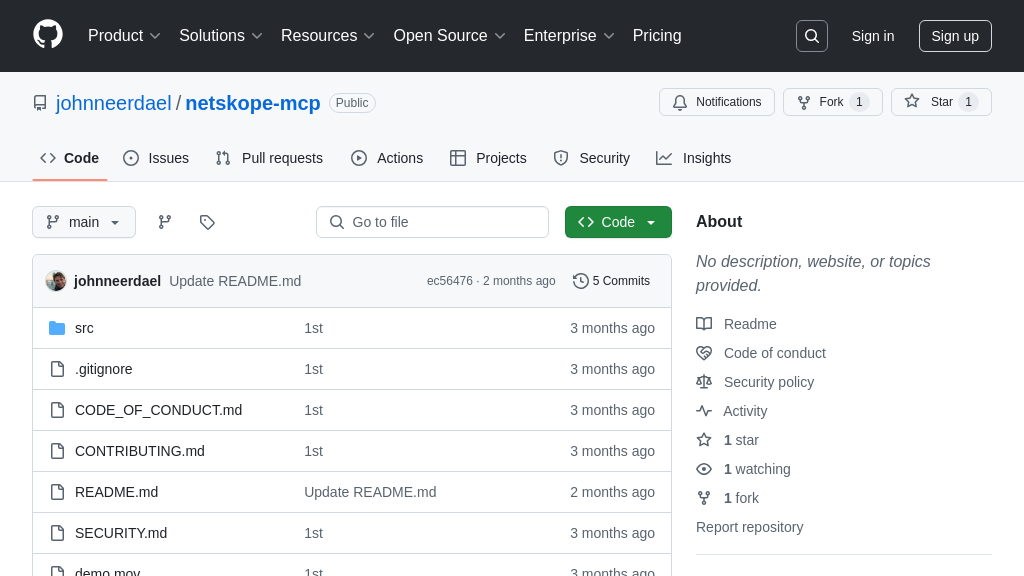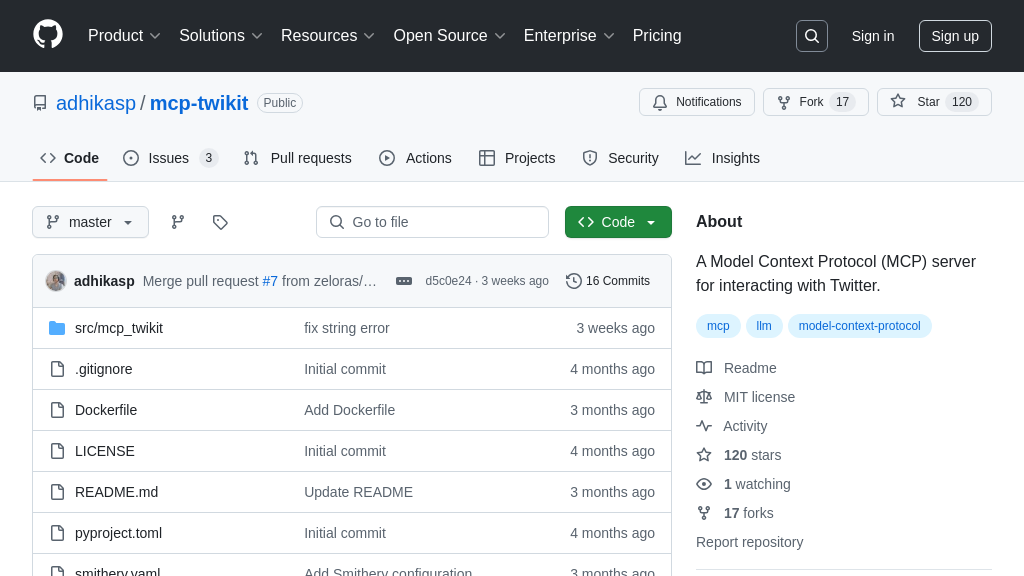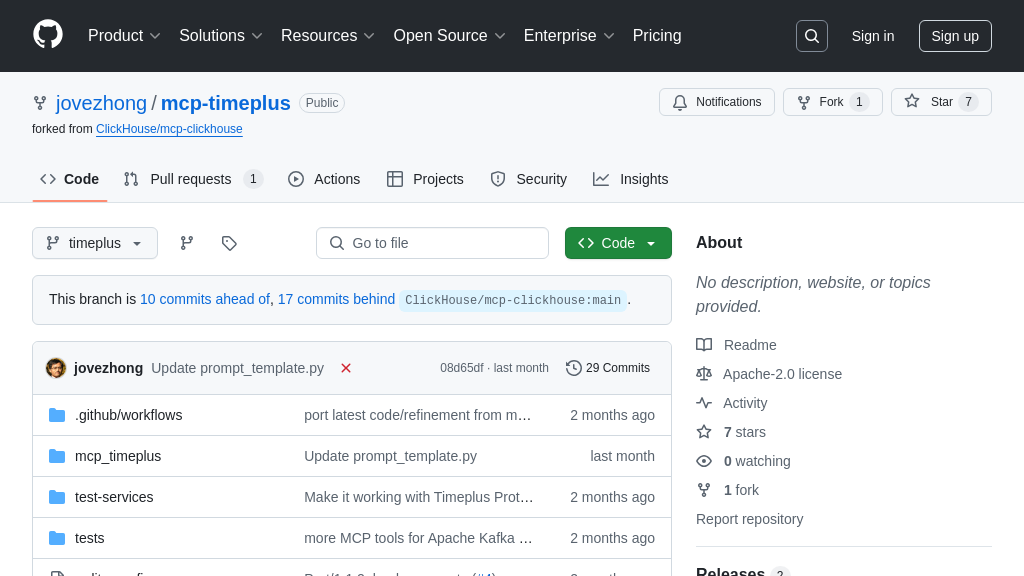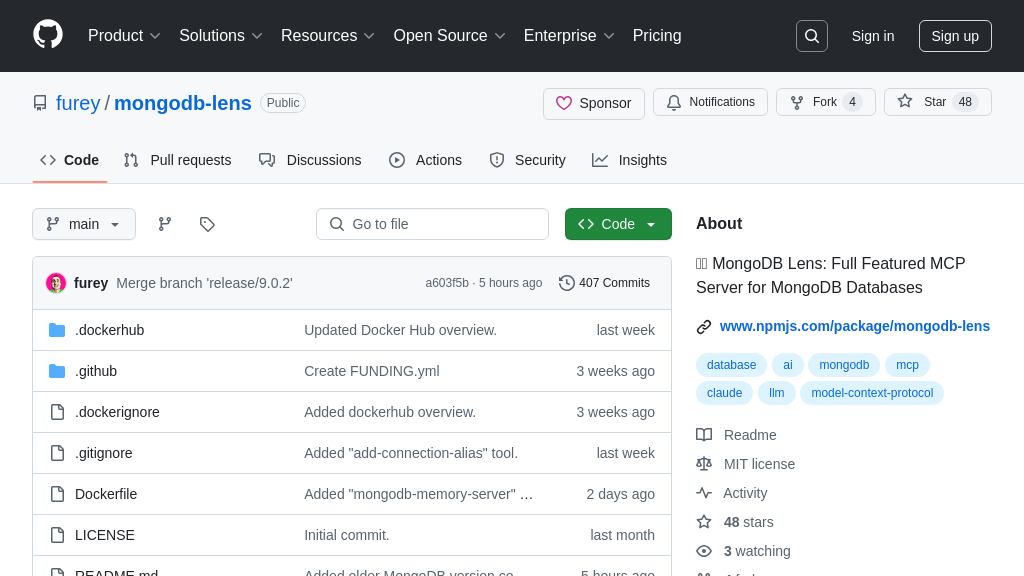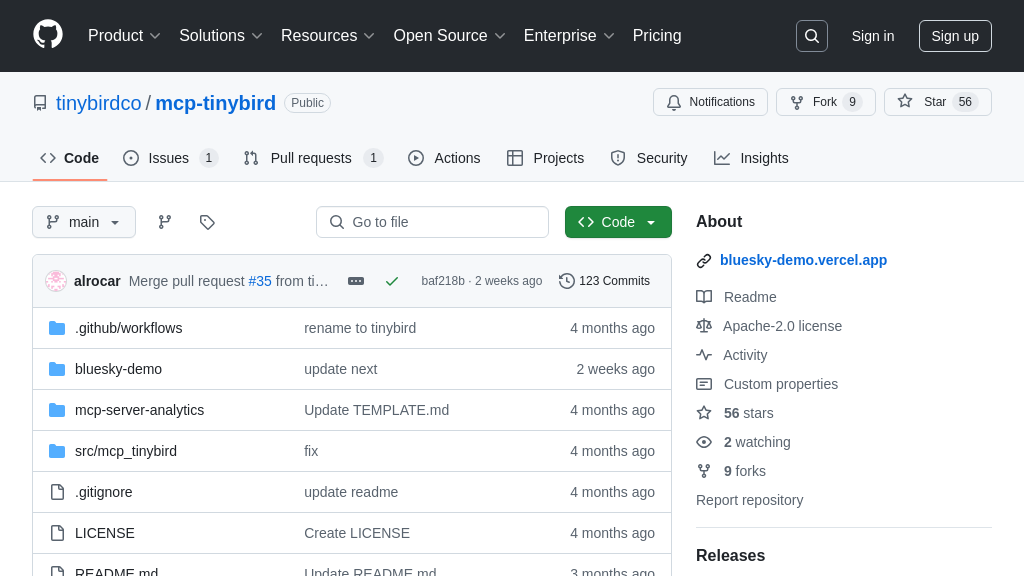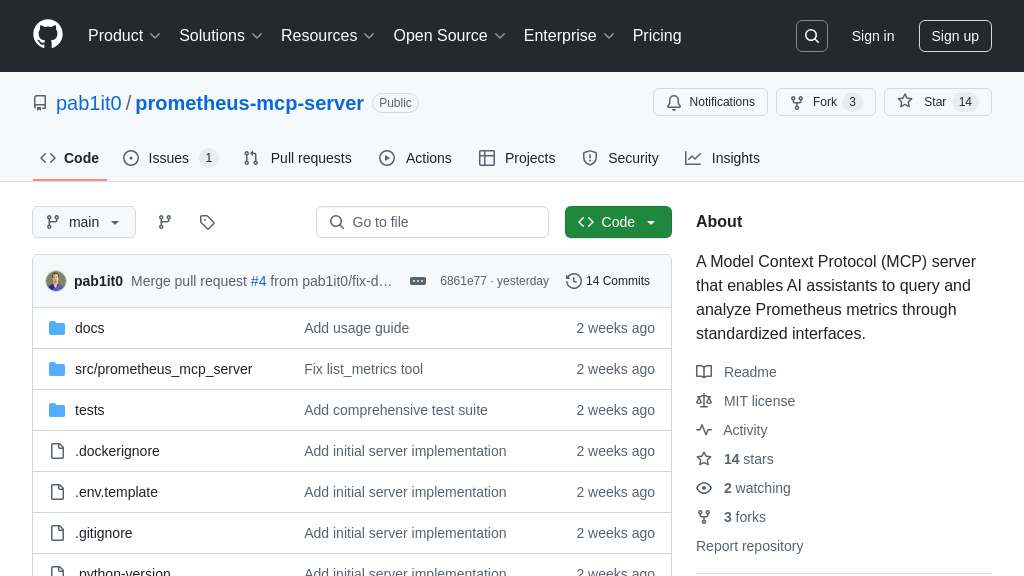mcp-server-mysql
Integrate AI with MySQL using mcp-server-mysql, an MCP server enabling LLMs to query and manage your databases securely.
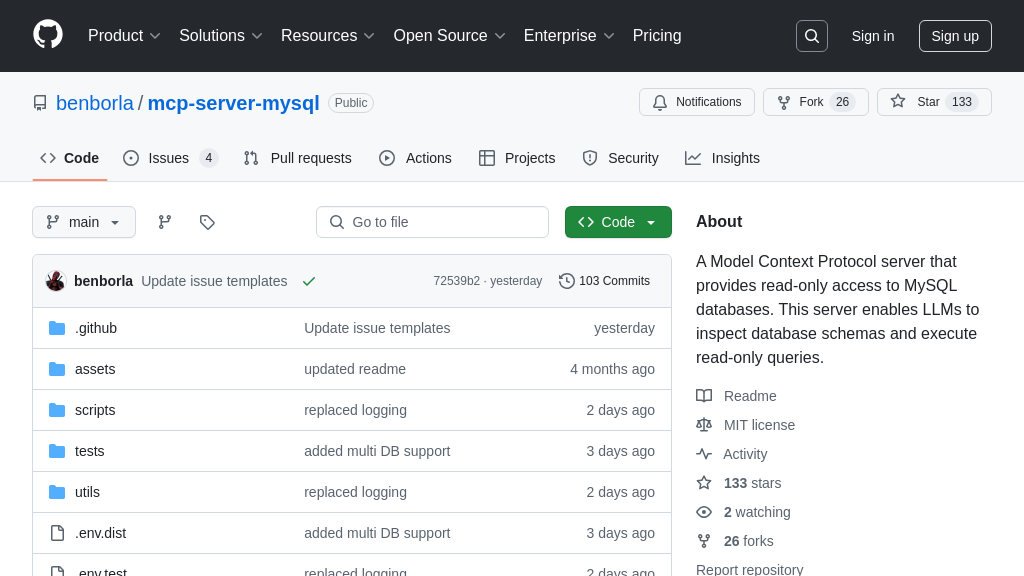
mcp-server-mysql Solution Overview
The mcp-server-mysql is a vital component of the MCP ecosystem, acting as a bridge between AI models and MySQL databases. As an MCP server, it empowers Large Language Models (LLMs) to directly interact with your data by inspecting database schemas and executing SQL queries.
This server provides essential tools like mysql_query for executing SQL commands, enabling AI to retrieve, insert, update, and delete data (with configurable permissions). It also exposes database schemas as resources, giving AI models the context needed for intelligent data interaction. Key benefits include enhanced AI functionality, streamlined data access, and robust security features like SQL injection prevention. Installation is simplified through tools like Smithery and MCP Get, making it easy to integrate with platforms like Claude Desktop and Cursor IDE. By providing a secure and efficient channel for AI to access MySQL databases, mcp-server-mysql unlocks new possibilities for data-driven AI applications.
mcp-server-mysql Key Capabilities
SQL Query Execution
The mysql_query tool is the core functionality, enabling AI models to interact with MySQL databases by executing SQL queries. It accepts an SQL query string as input and returns the query results. By default, the tool is configured for read-only operations, ensuring data integrity. However, it can be configured to allow INSERT, UPDATE, and DELETE operations, granting the AI model the ability to modify the database. All operations are executed within a transaction, providing atomicity and consistency through commit/rollback handling. This feature allows AI models to retrieve specific information, perform data analysis, and, when configured, make changes to the database based on learned insights.
For example, an AI model could use this tool to analyze customer purchase history to identify trends or to update inventory levels based on sales data. The tool also supports prepared statements, enhancing security by preventing SQL injection attacks.
Dynamic Schema Discovery
The server automatically discovers and provides comprehensive database schema information to the AI model. This includes table names, column names, data types, index information, constraints, and foreign key relationships. This information is provided in JSON format, making it easy for the AI model to parse and understand the structure of the database. This dynamic discovery eliminates the need for manual schema definition, allowing the AI model to adapt to changes in the database structure automatically. The AI model can use this information to generate more accurate and relevant SQL queries, improving the overall performance of the system.
For instance, if a new table is added to the database, the AI model will automatically detect it and be able to query it without any manual intervention. This is particularly useful in environments where the database schema is frequently updated.
Configurable Security Policies
The mcp-server-mysql offers a range of security features to protect the database from unauthorized access and malicious queries. These features include SQL injection prevention through prepared statements, query whitelisting/blacklisting, rate limiting for query execution, and query complexity analysis. Connection encryption can also be configured to protect data in transit. Furthermore, the server enforces read-only transactions by default, preventing accidental data modification. These security features ensure that the AI model can only access and modify the database in a controlled and secure manner.
For example, a rate limit can be set to prevent the AI model from overwhelming the database with too many queries in a short period of time. Query complexity analysis can be used to prevent the execution of overly complex queries that could impact database performance.
Multi-Database Support
The mcp-server-mysql supports connecting to multiple databases simultaneously when no specific database is defined in the configuration. This "Multi-DB Mode" allows the AI model to query any database the configured MySQL user has access to, providing a broader scope for data analysis and retrieval. To use this mode, the MYSQL_DB environment variable is left empty, and queries must include schema qualification (e.g., SELECT * FROM database_name.table_name;) or use the USE statement to specify the database context. This feature is particularly useful in environments where data is spread across multiple databases, enabling the AI model to access and integrate information from various sources.
For example, an AI model could analyze sales data from one database and customer data from another to identify correlations and improve marketing strategies.
Schema-Specific Permissions
To enhance security and provide fine-grained control over database operations, mcp-server-mysql supports schema-specific permissions. This feature allows administrators to define different levels of access (read-only, read-write, etc.) for different databases or schemas. By configuring environment variables such as SCHEMA_INSERT_PERMISSIONS, SCHEMA_UPDATE_PERMISSIONS, and SCHEMA_DELETE_PERMISSIONS, administrators can specify which schemas allow specific operations like INSERT, UPDATE, or DELETE. This ensures that the AI model can only perform authorized actions on specific parts of the database, minimizing the risk of unintended data modification or corruption.
For example, the development and test databases might allow INSERT and UPDATE operations, while the production database is restricted to read-only access.



